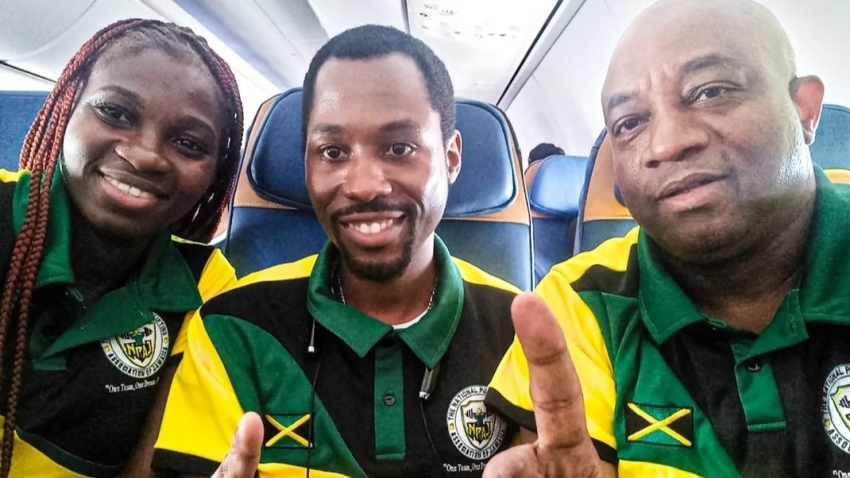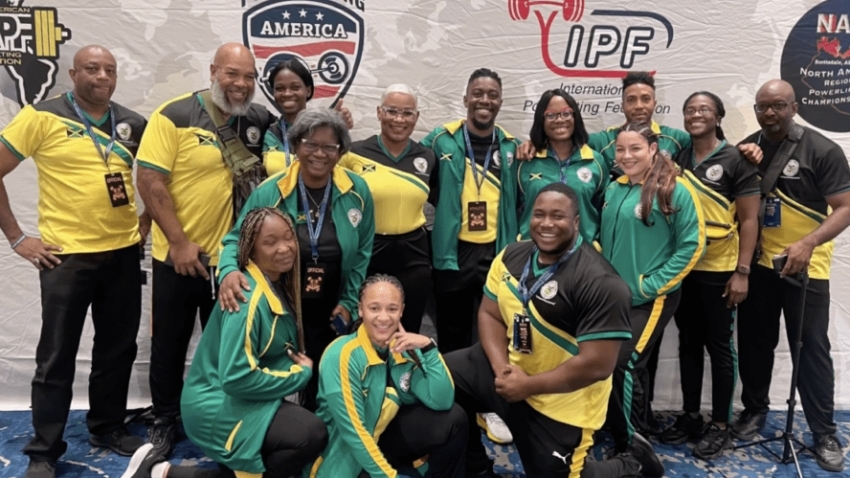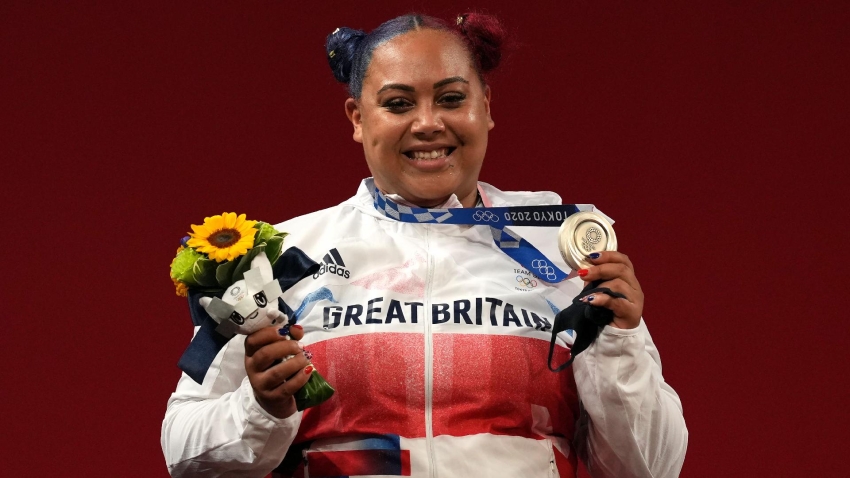Jeremy Owen, Technical Director of Jamaica’s powerlifting team, believes their recent 15-medal haul at the 21st North American Regional Powerlifting Championships is a testament to the growth and development of athletes and, by extension, the sport locally.
In fact, Owen pointed to the mere fact that the country was able to field 13 athletes to the championships in Scottsdale, Arizona, as a massive achievement for the National Powerlifting Association of Jamaica (NPAJ) and one that augurs well for the future of the sport on the island.
Among the standout performances for the Jamaica Spartans at the event were Anna-Kay Brown, who won four bronze medals in the women's 84kg junior class, and three-time NAPF champion Sami DePass, who continued to assert her dominance in the women’s 76kg weight class, where she won four gold medals.
On the male side, Bruce Higgins was Jamaica’s first ever competitor in the male 120-plus kg class, and he too copped four medals—one silver and three bronze medals—while Scott Jennings, a former 83kg champion in 2022, moved up a class to 93kg and won two medals from his three lifts. Jennings holds the honour of being Jamaica's first powerlifter to secure a gold medal on the international platform.
Mikhail Russell, Cheyenne Campbell, Shrona Scott, Alexander Carrington, Nathan Dawkins, Ayana Duhaney, Tzari Saunders, Staffon Commock, and Algreg Sappleton, were the members of the team.

Reigning female champion Sami DePass.
“Jamaica did exceptionally well; for the first time in three years, we had more than three or four athletes. We had 13. Initially, there was going to be 14, but unfortunately, one athlete had to drop out at the last minute due to challenges with delays and cancellations of flights. We had four athletes who medalled, but we also had other athletes who came 5th, 6th, and 7th,” Owen told SportsMax.Tv.
“For us to have a delegation this large, it speaks to the resilience and hard work of the entire management, administration, and coaching team, all led by the president, Michael Blair, and it shows that there has been growth in the sport in Jamaica. So, going forward, we will continue to have a large delegation, which aids in the number of places that persons can aspire to in terms of the national program and, of course, in the never-ending quest to secure sponsorship,” he added.
Despite the highs of the medal tally and a large delegation, which included a doctor and physiotherapist, Shanice Bell, who was instrumental in ensuring that the athletes were in prime condition throughout, Owen said their charge towards success was not without its challenges.
“Number one would be the lack of support from the government in terms of sponsorship and also from the private sector. It's not for a lack of effort that we did not get sponsorship. The president has been steadfast in engaging the government and the Sports Development Foundation for sponsorship for the team, and many letters, conversations, and emails were had with various entities in the private sector, all to no avail,” Owen shared.
“Also, there was a significant challenge with weather systems. A group of us got stuck at Miami International Airport overnight for hours and then the next day, and this was a challenge. We also had another athlete who was supposed to travel three days prior to when she reached. Unfortunately, she arrived the night before she competed in the early morning, and this, I believe, affected her performance,” he noted.
Though the hunt to secure sponsors remains a headache, Owen believes the organization continues to push above its weight to foster and develop talent.
“The overall support for powerlifting within the fitness community in Jamaica has been good. We had our national meets, our national qualifiers, or what we call the series, and it has been well supported, and it continues to grow year-on-year. However, we are still not at a place where powerlifting is viewed as a major sport, despite the fact that powerlifting moves are at the core of all major sports. But it's growing, and we are pleased in terms of the rapid growth over the past few years,” Owen declared.

Technical Director Jeremy Owen (left) and President Michael Blair flanks athletes.
He continued: “We're going to use the opportunity, based on the success of the team, to continue to meet with and reach out to various entities and organizations in both the private and public sectors and see if we can get that support that we so desperately need to really grow the sport and maximize its potential. Also, we're looking forward to various inter-Caribbean competitions.
“We have been speaking to various bodies across the Caribbean to see if we can have our own championship and cup to help develop the sport, not only in Jamaica but in the Caribbean, so that we can really mount a challenge to the bigger countries, such as the US, Canada, and even the European countries, so we can get closer to that level. They have decades before us, but that is not stopping us from setting high targets that we intend to reach.”
That said, Owen expressed optimism that their achievements in Scottsdale will serve as a cornerstone for future success on the international stage.
“Our goal is to be a dominant force in the world of powerlifting. In order for us to do that, some time, effort, and resources now have to be invested in starting a sub-junior and junior program, as well as a master's program. So we have been doing what you call focusing on the open class. But in order for us to really have a solid foundation, we need the youngsters, and we need those that are of a mature age to really have an overall solid team, a solid base, where iron sharpens iron, as we like to say,” he ended.
































